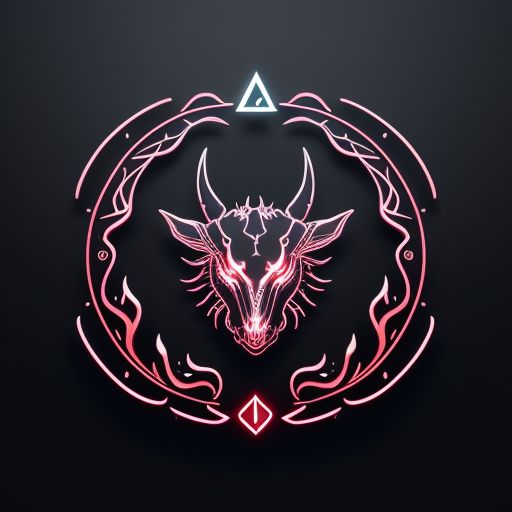



Once, the internet was a digital frontier—a land of discovery, freedom, and the wild anarchy of ideas. It was a place where anyone could carve their own space, speak their truth, and remain cloaked in the armor of anonymity. But now? It is a glass cage, and we are the lab rats.
Web 1.0 was the primordial ooze of the online world—basic, raw, and free. Forums buzzed with unfiltered thoughts, personal blogs sprawled like graffiti on the walls of cyberspace, and communities formed organically. There were no algorithms; content was discovered, not fed. Back then, privacy wasn’t an afterthought—it was inherent.
Then came Web 2.0. The elites saw potential, not in the liberation of the masses, but in the commodification of their every click, keystroke, and scroll. Social media platforms rose under the guise of connection and community. But behind their sleek interfaces lurked the true purpose: surveillance capitalism.
Every interaction—analyzed. Every emotion—exploited. Every preference—packaged and sold. The algorithms are not your friends. They are digital overseers, designed to curate your reality and steer your desires, all in the name of profit and control. SEO, clickbait, and engagement metrics have replaced genuine discovery, reducing the internet to a homogenized echo chamber.
How Did We Get Here?
It began subtly. We traded convenience for control, likes for validation, and followers for influence. The early promise of platforms was alluring—free services, instant connections, and infinite content. But the price was steep. Bit by bit, we surrendered our digital autonomy, feeding the data-mining beast that grows stronger with each passing second.
The governments, not to be outdone, saw opportunity in this surveillance network. Why build your own Big Brother when the private sector will do it for you? Privacy laws became loopholes, and anonymity was painted as a threat rather than a right.
The Power of Personalized, Self-Coded Websites
Imagine a world where your corner of the internet is truly your own, hand-coded or crafted with the assistance of AI, free from the cookie-cutter molds of modern platforms. Personalized, self-coded websites represent a return to true digital sovereignty. They strip away the homogeny of templated designs and allow for a unique, deeply personal online presence. Every page becomes a canvas where creativity reigns, unbound by the constraints of Web 2.0’s algorithmic chokehold.
Building such sites fosters genuine expression and restores control to the individual. With no third-party intermediaries, there’s no hidden data collection, no ads tailored to your digital behavior, and no invasive scripts tracking your every move. This is the essence of digital freedom—a web where your data and your thoughts are truly your own.
.onion & The Dark Web
For those seeking deeper refuge, the .onion domain offers a haven in the dark recesses of the internet. Accessible via Tor, these sites operate in a decentralized, anonymous network designed to evade surveillance and censorship. The dark web, often misunderstood, is a tool for resistance in oppressive regimes and a platform for uncensored communication. It is a sanctuary for whistleblowers, activists, and anyone who values true anonymity.
However, .onion sites are more than just a bastion for the oppressed; they are a glimpse into an alternative internet—one unchained from corporate greed. Here, users browse without the weight of invasive trackers and manipulative algorithms. While not without risks, this hidden layer of the internet embodies the fight for privacy and freedom in the digital age.
A Way Forward: The Undernet Awakens
In both the physical and digital worlds, we willingly sacrificed privacy and individuality for convenience and security. Just as sprawling cities and surveillance systems monitor our every move in the name of order, the internet has evolved into a labyrinth of watchtowers disguised as helpful platforms. We traded freedom for ease, individuality for curated algorithms. Yet, the price of this trade-off grows steeper by the day. Our digital identities have become commodities, and our online autonomy lies in ruins.
But all is not lost. The solution lies in decentralization—a return to the spirit of the old web. Imagine a new undernet, a mesh of personalized, self-hosted sites, immune to the whims of corporate greed. Decentralized social platforms like Mastodon, Lemmy, and Bluesky promise an ecosystem where data is owned by individuals, not corporations.
Cryptographic tools could ensure privacy, while decentralized autonomous organizations (DAOs) could replace traditional governance structures. A world where algorithms serve users, not the other way around, is within reach. But it requires a collective awakening, a digital rebellion.
The elites will fight to maintain their grip. They will call us anarchists, luddites, or worse. But remember: the internet belongs to the people, not the corporations, not the governments. It’s time to reclaim our digital souls.




